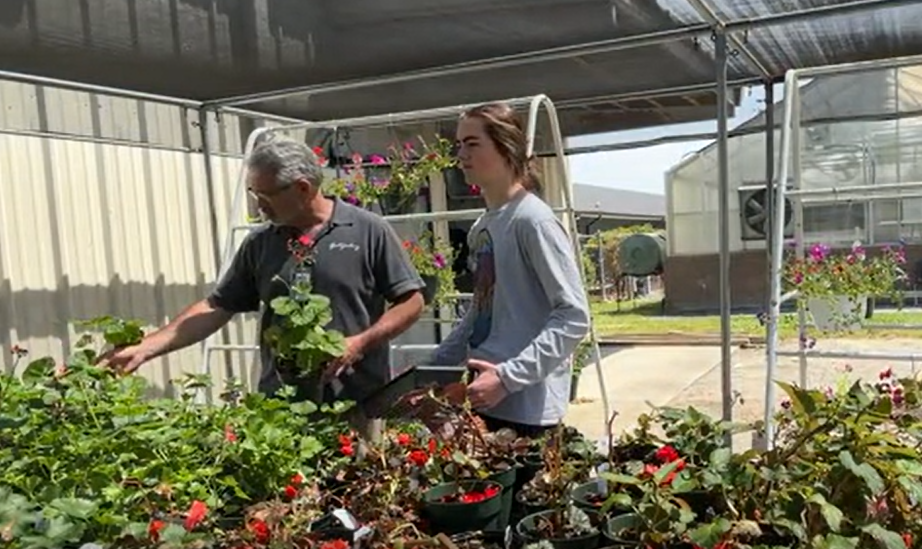To Be or Not to Be an Organ Donor — a Tough Decision
Along with earning the responsibility to drive freely on the roads, teens who get their permit or driver’s license have an added responsibility — deciding if they want to become an organ donor.
That decision can be hard. While many people agree with the idea of saving people’s lives, many are hesitant to actually commit to donating an organ when they get a permit or license for various personal reasons. According to Donate Life America, while 95 percent of US adults support organ donation, only 54 percent are actually registered donors.
Sixteen students voiced their opinions about organ donation in a Native Voice survey. Of those, 62.5% (10) of responders said yes to being or becoming an organ donor, and 37.5% (6) said no.
Senior Vanessa Alaimo has been an organ donor since she got her beginner’s permit at 15.
“I marked myself down as one because if I no longer have use of my body, I want to help someone else if I can,” she said.
Vanessa encourages others to become organ donors because “[donating tissue and organs are] a great opportunity to help those in need and those who are less fortunate and struggling with their health.”
However, freshman April Carter is hesitant to do so. She does not plan to check off the organ donor box when she gets her permit next year.
“I understand it would be nice to do,” she said, “but I do not know how it will affect my [and another’s body]. It could go wrong in many ways, and … the person in need can end up with more health problems.”
Freshman Kailyn Ferguson also does not plan to become a donor.
“I don’t want to give up any parts of my body,” she said.
Organ donation is the process of transferring organs and tissue to people in need. Organs that can be transplanted include kidneys, liver, intestines, skin, bone marrow, heart, tissue, and pancreas. The United Network for Organ Sharing (UNOS) reports the organs most transported are
-kidneys (24,669),
-liver (9,236),
-hearts (3,187), which is gradually increasing each year.
Currently, more than 100,000 citizens in the U.S. are on the organ-donning waitlist. Organdonor.gov reports about 17 patients die each day waiting for an organ transplant. The American Association of Retired Persons (AARP) states that most patients on the organ donation waitlist are 50 and older (62% as of 2021).
Anybody, regardless of age, can become an organ donor. It is not limited to an ID, permit, or license (as long as the donator or the donator’s parents/guardians give consent).
Sophomore Jianna Bazzano is among those who chose to become a donor when she got her permit.
“I chose to be an organ donor because I would love to help out someone in need,” she said. “If I have the ability to do so, why not help out?”

Rachel is a senior who has been a part of the journalism staff for four years, three being on the yearbook committee. Rachel decided to join the yearbook...

























